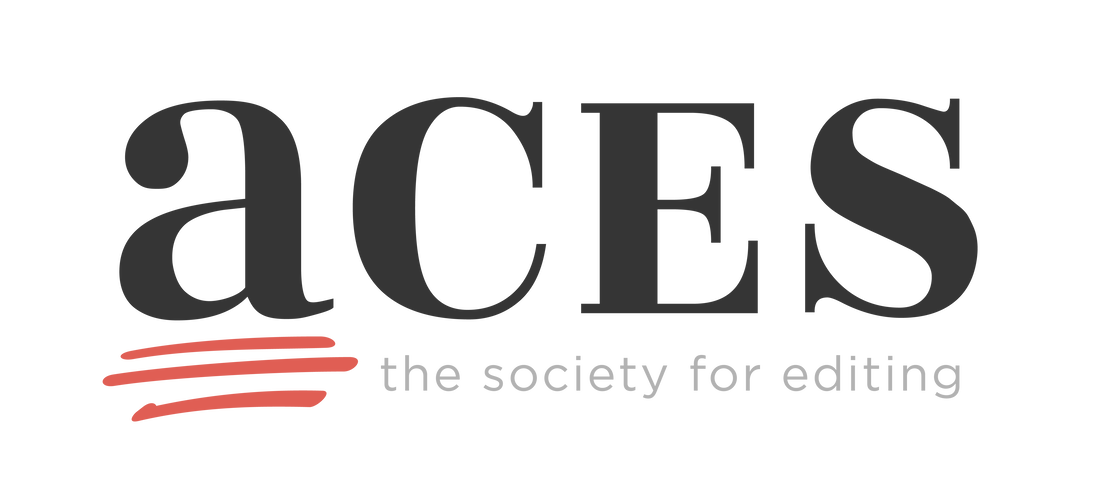Why would you need an editor?
|
It's not just about a dry check for typos. A great editor can lift the whole sense and feel of your publication and help you to express yourself clearly and avoid ambiguity. You can't rely on a spellchecker and you can't do it with eyes that are tired from going over the same text time after time.
It's a professional job, so let a professional handle it. Put simply, your skills are best put to use developing the content of your book, publication, presentation or essay. You may not have the time or expertise to give it the final polish. Leave that with me. Perhaps English isn't your first language, or you have difficulties using English. Perhaps spelling, punctuation and grammar are simply not your interest. Perhaps you just want a fresh pair of eyes once you've drafted your document. I can help with that. Have a read of my article on the 'The Impotence of Proofreading'. |
‘Leave that with me!’ |
Proofreader? Copyeditor? Huh? |
‘What really matters is what you need for your words’ |
I talk about proofreading and copyediting, and it's far too easy to get bogged down discussing the difference between them.
Generally, if you have a 'raw' document that you want to get ready for publication, it's a copyedit that it needs, not a proofread, but do contact me to discuss what level of editing you need. Traditionally, proofreading is the final stage of the process before a book is published. It does some tidying up and makes sure that spelling, punctuation and grammar are right and that usage is consistent, but doesn't go much further than that. While copyediting also performs the basic functions of proofreading, it is much more involved. A copyeditor will often address light stylistic and structural editing, making the document read and flow better without changing the author's 'voice'. A copyeditor will also apply a particular style and make changes to awkward passages. For a much better explanation, check out Louise Harnby's post: The Different Levels of Editing. |
|
Lewes
East Sussex BN7 2TY |
|


